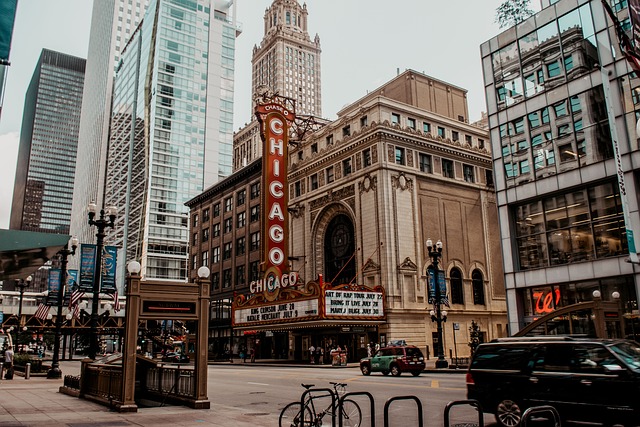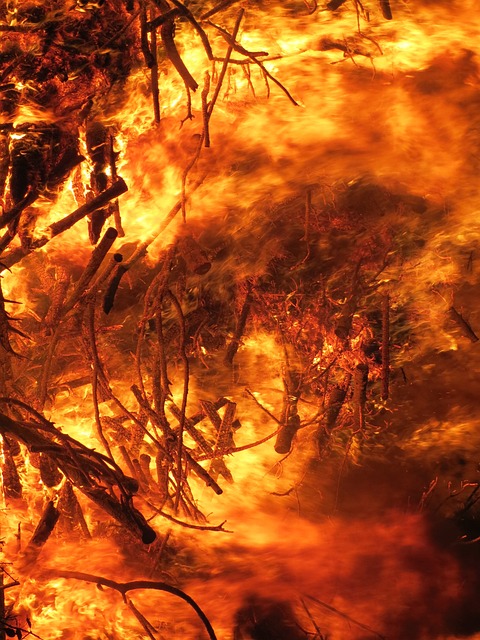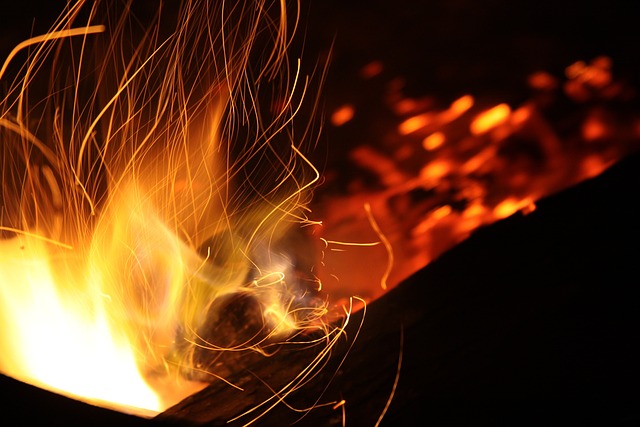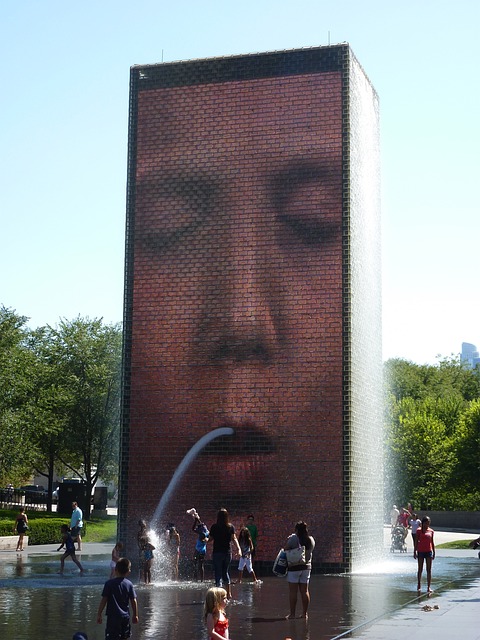The Chicago real estate market offers both challenges and opportunities for investors, driven by strong demand for residential properties. While competitive pricing is common in popular neighborhoods, fire-damaged houses in areas with potential for revitalization present affordable investment opportunities. Investors can restore these properties, catering to trends favoring sustainable homes, and benefit from the robust housing market by reselling at higher values. Selling a fire-damaged house requires strategic marketing to overcome buyer concerns, transparent communication about property history, and effective positioning within Chicago's thriving real estate landscape. Navigating legal complexities, financial estimates, and repairs with professional guidance is crucial for successful investment and sale in this niche market.
“Chicago’s real estate market presents both compelling trends and unique challenges, especially for investors interested in purchasing and reselling fire-damaged properties. This article guides you through the intricate landscape of Chicago real estate, focusing on the strategies and considerations involved in successfully marketing and selling fire-damaged homes. From understanding market dynamics to navigating legal and financial aspects, gain insights into maximizing returns on your investment while contributing to the city’s renewal. Discover how to transform fire damage into opportunities, particularly when selling a fire-damaged house in Chicago.”
- Understanding the Chicago Real Estate Market: Trends and Opportunities
- The Unique Challenges of Investing in Fire-Damaged Properties
- Strategies for Successful Sales: Marketing a Fire-Damaged House in Chicago
- Legal and Financial Considerations for Chicago Real Estate Investors Handling Fire Damage
Understanding the Chicago Real Estate Market: Trends and Opportunities

The Chicago real estate market is dynamic and ever-evolving, presenting both challenges and opportunities for investors. In recent years, the city has seen a surge in demand for residential properties, driven by its thriving economy and diverse job sectors. This increased interest has led to competitive pricing, especially in popular neighborhoods. However, there are still gems to be found, particularly in areas with potential for revitalization. One such opportunity lies in purchasing fire-damaged houses in Chicago, which often come at more affordable prices due to the repairs required. Investors can not only restore these properties to their former glory but also benefit from the city’s robust housing market by reselling them at a higher value.
Trends indicate that sustainable and eco-friendly homes are gaining popularity, influencing building standards and property values. Additionally, Chicago’s diverse communities offer unique real estate scenarios. Investors who can identify emerging trends, understand local dynamics, and adapt to changing preferences will find success in this market. With the right strategies, selling a fire-damaged house in Chicago can be a lucrative opportunity, allowing investors to contribute to community revitalization while capitalizing on the city’s vibrant real estate scene.
The Unique Challenges of Investing in Fire-Damaged Properties

Investing in fire-damaged properties in Chicago can present unique challenges for real estate investors. One of the primary concerns is the significant repair and reconstruction costs associated with restoring these properties to their former state or even updating them to meet modern standards. Fire damage varies greatly, from minor smoke and water damage to complete structural devastation, making it crucial for investors to thoroughly assess each property’s condition before committing.
Additionally, there are legal and insurance complexities involved in buying and selling a fire-damaged house in Chicago. Investors must navigate the process of dealing with insurance claims, negotiating with sellers, and ensuring compliance with local building codes and zoning regulations. Market perception can also impact the resale value of these properties, as buyers may be hesitant to invest in homes with a history of fire damage. Therefore, successful investment in this niche requires careful consideration, expertise, and a strategic approach to marketing and renovation.
Strategies for Successful Sales: Marketing a Fire-Damaged House in Chicago

When marketing a fire-damaged house in Chicago, real estate investors must employ tailored strategies to overcome potential buyers’ hesitations and ensure successful sales. The initial step involves transparently disclosing the property’s history, emphasizing that fire damage is a past issue and presenting any restoration efforts undertaken. This honesty builds trust with prospective buyers, who appreciate knowing all relevant details.
Additionally, investors should focus on the property’s potential rather than its current state. Highlighting the benefits of Chicago’s robust real estate market and the area’s high demand for housing can pique buyers’ interest. Staging the home to showcase its layout, design, and possibilities further enhances its appeal. By combining transparency, positive positioning, and effective marketing tactics, selling a fire-damaged house in Chicago becomes an achievable goal.
Legal and Financial Considerations for Chicago Real Estate Investors Handling Fire Damage

Real estate investors in Chicago, especially those looking to buy and sell properties, must be well-versed in navigating legal and financial considerations, particularly when dealing with fire damage. Handling fire-damaged properties requires a meticulous approach due to potential legal pitfalls and complex financial transactions. Investors should consult professionals, such as lawyers and insurance experts, to understand the extent of liability and coverage for repairs.
When selling a fire-damaged house in Chicago, investors need to disclose any known issues transparently. Failure to do so could lead to legal repercussions. Additionally, they must ensure that all necessary permits and certifications are obtained for repair and resale, adhering to local building codes and regulations. Financial considerations include meticulous cost estimation for repairs, potential loss of rental income during renovation, and the overall impact on investment returns.
Chicago’s real estate market presents both exciting opportunities and unique challenges, particularly when dealing with fire-damaged properties. As an investor, understanding these dynamics is key to navigating successful sales in this competitive environment. By implementing effective marketing strategies and addressing legal and financial considerations, such as those related to selling a fire-damaged house in Chicago, investors can turn challenges into advantages. This article has provided valuable insights to help guide your journey in the Chicago real estate market.






